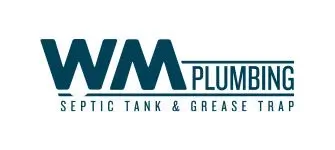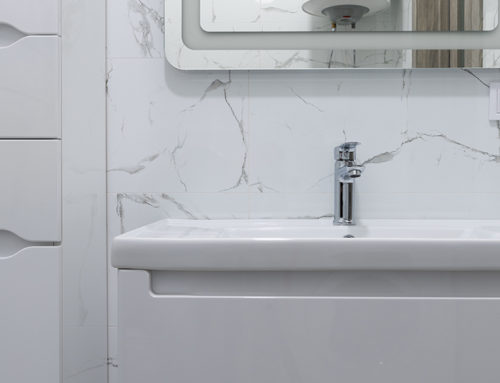Water Heater Options for Small Retail Businesses

Selecting the right water heater for a small retail business is more important than it may initially seem. Whether you’re running a boutique, a small café, a salon, or a service-based operation, having consistent and efficient access to hot water is vital for hygiene, cleaning, and customer service. The key is finding a solution that balances performance, cost-efficiency, space-saving, and reliability. Let’s explore several types of water heaters, their pros and cons, and which may best suit your business needs.
Tank Water Heaters
Traditional tank water heaters are among the most common types used in both residential and commercial settings. These units store a set amount of hot water (usually 20-80 gallons) that’s ready for use.
Pros:
- Lower upfront costs compared to tankless models.
- Simple installation and widely available.
- Reliable hot water supply for businesses with predictable, steady usage.
Cons:
- Higher energy costs due to standby heat loss.
- Bulky—requires space for installation.
- May run out of hot water during peak usage.
Best for: Small businesses with moderate and consistent water use, such as a clothing store with a restroom or break area.
Tankless Water Heaters (On-Demand Systems)
Tankless water heaters heat water only when it’s needed, which means they are more energy-efficient and compact in design.
Pros:
- Energy savings due to no standby heat loss.
- Compact, wall-mounted design saves space.
- Virtually endless hot water supply when sized correctly.
Cons:
- Higher upfront installation cost.
- Can be limited in output if multiple outlets are used simultaneously.
- Requires upgrades to gas or electrical systems in some cases.
Best for: Salons, barber shops, and cafés with varied demand but limited space,especially where multiple units can be installed for high-use areas like shampoo stations or kitchens.
Point-of-Use Water Heaters
These small units are installed directly at the location where hot water is needed, such as under a sink.
Pros:
- Minimizes water waste due to shorter pipe runs.
- Quick and easy installation.
- Perfect for remote sinks or low-demand stations.
Cons:
- Limited hot water output—cannot support high-demand.
- Multiple units may be needed throughout the facility.
Best for: Small shops with just one or two sinks. Ideal for handwashing in break rooms or customer restrooms.
Heat Pump Water Heaters (Hybrid Systems)
Heat pump water heaters pull heat from the surrounding air to heat water, making them highly energy-efficient.
Pros:
- Lower operating costs and high energy efficiency.
- Eligible for rebates or tax credits in many regions.
- Environmentally friendly.
Cons:
- Requires adequate space and ventilation.
- Higher initial cost.
- Not suitable for cold or enclosed environments.
Best for: Eco-conscious businesses with sufficient space, like wellness centers or day spas.
Solar Water Heaters
Solar systems use energy from the sun to heat water, which is stored in a tank for use.
Pros:
- Very low operating cost after installation.
- Environmentally sustainable.
- Long-term savings with possible government incentives.
Cons:
- High upfront investment and complex installation.
- Weather-dependent efficiency.
- May require a backup heating system.
Best for: Green businesses aiming for sustainability or located in sunny climates, such as eco-boutiques or sustainable cafés.
Choosing the Right System
When deciding on a water heater, consider:
- Your business type and water usage patterns.
- Available space for installation.
- Energy efficiency and operational costs.
- Local building codes and utility hookups.
Pro Tip: Always consult a licensed plumber or HVAC professional to assess your specific needs and help determine the best fit.
Investing in the right water heater ensures comfort, cleanliness, and efficiency in your small retail business. While the upfront cost is an important factor, don’t overlook long-term operating expenses, maintenance needs, and potential utility savings. Whether you go with a traditional tank, a sleek tankless system, or an eco-friendly solar or hybrid solution, the right choice can help your business run smoothly and responsibly for years to come.

